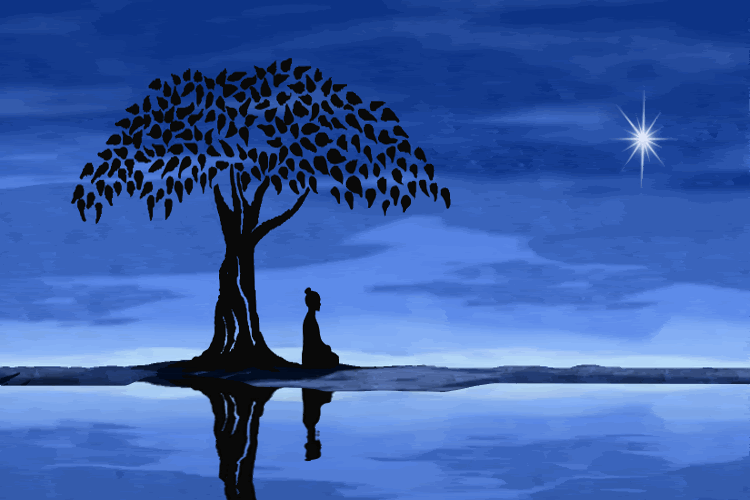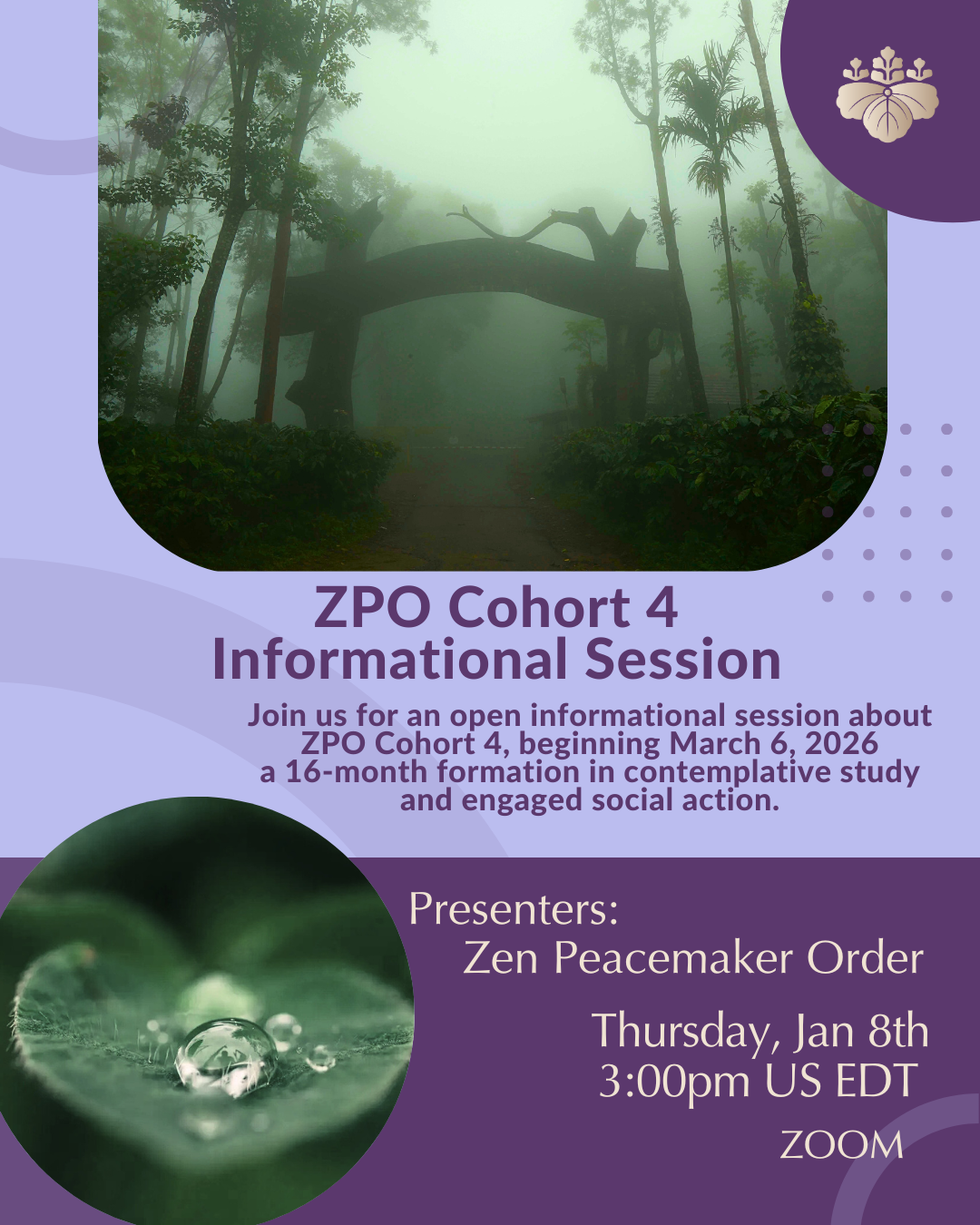Originally Printed : https://tricycle.org/beginners/buddhism/bodhi-day/
At the moment of the his enlightenment, according to the Avatamsaka Sutra (or Flower Garland Sutra), the Buddha declared, “I now see [that] all sentient beings everywhere fully possess the wisdom and virtues of the enlightened ones, but because of false conceptions and attachments, they do not realize it.”
The day of Shakyamuni’s enlightenment—and the promise of our own—is celebrated by millions of Buddhists every year on Bodhi Day, the eighth day of the twelfth month, which falls on December 8th in Japan’s Westernized calendar and in early January in China’s lunar calendar. (Bodhi is the Pali and Sanskrit word usually translated as “enlightened” or “awakened.” The pipel tree under which Siddhartha Gautama sat on the night of his great awakening is often referred to as the bodhi tree.)
Known as Rohatsu or Jodo-e in Japan and elsewhere by other names, this holiday is widely observed in the Mahayana traditions of East Asia and across the globe. Theravada Buddhists celebrate the Buddha’s enlightenment on Vesak, which commemorates the Buddha’s birth and death as well as enlightenment and falls in April or May.
On Bodhi Day, Buddhists honor the tremendous achievement of enlightenment and recall the Buddha’s triumph over Mara, the personification of temptation and all the forces that conspire to prevent awakening. Celebrants traditionally light candles or string lights around altars and temples, signifying enlightenment, for 30 days following Bodhi Day. Many Buddhists also decorate a tree with colored lights—symbolizing the many paths to awakening—to commemorate the Buddha’s enlightenment experience sitting beneath a tree. Eating rice and milk is also traditional at this time, as this is said to be the sustenance the Buddha received that enabled him to make his final push to enlightenment.
In Zen Buddhism, Rohatsu is customarily preceded by a sesshin, a weeklong retreat involving intensive meditation. One the eve of Rohatsu, practitioners often meditate through the night in recognition of Shakyamuni’s all-night vigil culminating in his enlightenment.
China’s Laba Festival is a form of Bodhi Day, though it is not always popularly recognized as such. The traditional food is Laba congee, a rice-based porridge with nuts and dried fruits and sometimes lamb. At Buddhist temples on Laba, monks hand out bowls of this steaming porridge to warm visitors.
Bodhi Day is a time to make sincere vows and reflect on the achievements of great Buddhist figures, recognizing that we too have the capacity for awakening to our true nature as a buddha.
Reverend Earl Ikeda, a Pure Land minister, writes that Bodhi Day is a reminder of the importance of dana, or selfless generosity, during the busy December holiday season.


